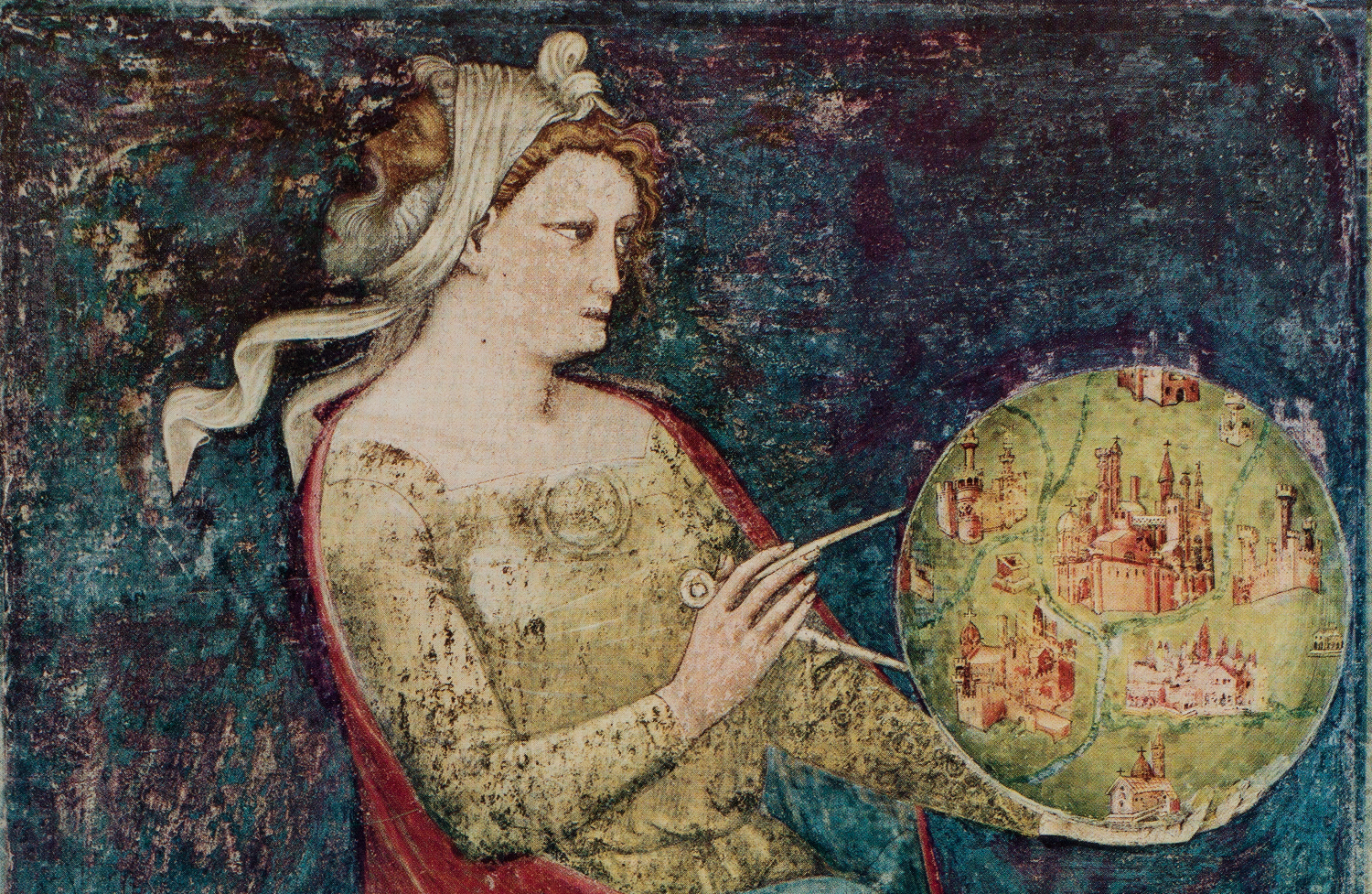In modern historiography, AI-historians play a crucial role

Historians who lean over old books in libraries and dusty archives? Modern historiography looks different. Prof. Dr. Matteo Valleriani, group leader at the Max Planck Institute for the History of Science and a BIFOLD Fellow, utilizes specialized algorithms to analyze data from historical sources. How did knowledge spread in the late Middle Ages? In the 15th and 16th centuries, scientific textbooks were printed and then produced in small quantities by hand. These books, however, were the key to the rapid dissemination of scientific knowledge. With the help of machine learning models, scientists can now simultaneously analyze hundreds or thousands of these sources and discover connections and relationships regarding the dissemination of knowledge that have remained hidden from science until now, through the comparison of images, tables, or texts from different eras.
On November 4th, as part of the Berlin Science Week, Matteo Valleriani and his team demonstrate the latest technologies in historical research. Matteo Valleriani will provide a brief introduction to his research. After that, the audience will have the opportunity to explore and analyze historical data and sources themselves and experiment with the AI model developed by Valleriani and his team.
Date: November 4th, 2023
Location: Berlin Science week Campus, Naturkundemuseum, Invalidenstraße 43, 10115 Berlin
Time: 4:30 - 5:45 pm
Admission: free, no registration needed

